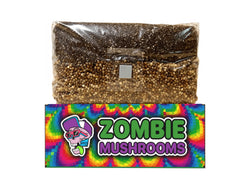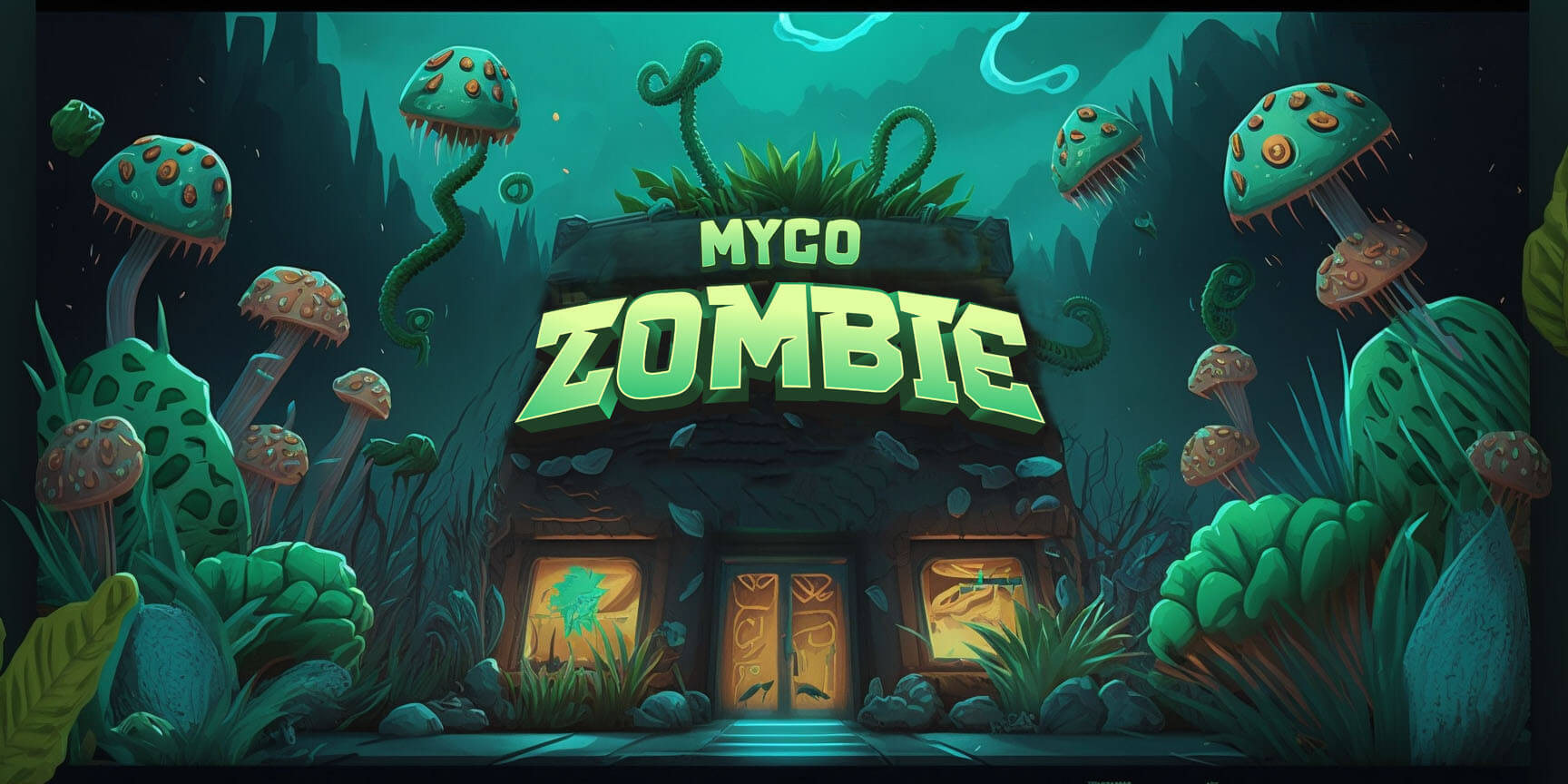- Alcohol alters neurotransmitter activity, reducing pain sensitivity and increasing impulsivity.
- A study found that people who experienced less pain after drinking were more likely to act aggressively.
- Alcohol reduces empathy by numbing pain, making individuals less aware of suffering in others.
- Chronic alcohol use can contribute to cognitive decline, emotional instability, and increased violence.
- Functional mushrooms and mindfulness may offer healthier alternatives for stress and mood management.
Does Alcohol Increase Pain and Aggression?
Alcohol has long been associated with changes in behavior, especially increased aggression. But why does alcohol make some people more aggressive? A new study published in the Journal of Studies on Alcohol and Drugs suggests that alcohol’s ability to numb pain may play a significant role. Researchers found that participants who experienced less pain after consuming alcohol were more likely to act aggressively. This finding sheds light on the complex relationship between alcohol and aggression, offering new insights into how alcohol alters behavior at both a neurological and psychological level.

How Alcohol Affects the Brain
When alcohol enters the bloodstream, it interferes with neurotransmitter activity, leading to significant changes in brain function. The effects of alcohol on the brain include:
- Reduced Pain Sensitivity – Alcohol enhances gamma-aminobutyric acid (GABA), a neurotransmitter that induces relaxation, while suppressing glutamate, which is responsible for excitatory responses. This combination slows brain activity and diminishes pain perception.
- Increased Dopamine Release – Alcohol stimulates the release of dopamine, reinforcing pleasure and temporary emotional relief. However, frequent consumption can lead to dopamine imbalances, contributing to mood swings and aggressive tendencies.
- Impaired Emotional Regulation – Alcohol disrupts the prefrontal cortex, the part of the brain that controls decision-making and impulse regulation. This impairment makes it harder to process emotions rationally, increasing the likelihood of aggressive behavior.
- Lowered Inhibitions and Riskier Decisions – By dampening activity in the prefrontal cortex, alcohol encourages impulsive actions, including aggression, poor judgment, and reckless decision-making.
By altering cognitive processes, alcohol can significantly impact how individuals perceive pain and respond to social interactions, sometimes with heightened aggression.

New Research on Alcohol, Pain, and Aggression
A recent study led by researchers Brad Bushman, C. Nathan DeWall, and Peter R. Giancola explored the connection between alcohol, pain tolerance, and aggression in 870 social drinkers aged 21 to 35. Participants were split into two groups—one consuming an alcoholic beverage, the other drinking a placebo.
The Experiment
Pain Threshold Test
- Participants underwent a test where they received increasing levels of electric shocks until they reported discomfort.
- Those who consumed alcohol tolerated more pain than those in the placebo group, confirming alcohol's ability to numb pain perception.
Aggression Measurement Task
- Participants played a competitive reaction-time game, where they were led to believe they were shocking an opponent after losing a round.
- Participants who had higher pain thresholds from alcohol consumption delivered longer, more intense shocks, demonstrating greater aggression.
Key Findings
- Alcohol reduced pain perception, making individuals less sensitive to discomfort.
- Participants with higher pain tolerance acted more aggressively, likely due to reduced empathy toward others’ pain.
- Pain desensitization accounted for 20% of alcohol's effect on aggression, meaning other factors (such as emotional regulation and environment) also play a role.
These findings suggest that alcohol-induced pain numbing contributes to heightened aggression, making people less considerate of how their actions affect others.

How Reduced Pain Sensitivity Can Increase Aggression
But why does desensitized pain lead to more aggressive behavior? Several psychological and physiological mechanisms may be responsible:
- Decreased Empathy – When individuals feel less pain, they may also become less aware or concerned about the pain of others.
- Emotional Numbing – Along with physical pain reduction, alcohol can also deaden emotional responses, leading to less emotional self-awareness and weaker social inhibitions.
- Impulse Control Impairment – Alcohol disrupts areas of the brain responsible for behavioral restraints, leading to more impulsive actions without considering consequences.
- Increased Frustration Tolerance – Alcohol-induced numbness might make individuals less aware of mounting frustration, causing a sudden, more intense explosive reaction when irritation reaches a tipping point.
These effects make alcohol a risk factor for aggressive interactions, particularly in scenarios involving heightened emotional states, conflict, or provocation.

Broader Psychological and Physical Risks of Alcohol Use
While alcohol's immediate effects on aggression are concerning, long-term use presents even greater risks:
- Increased Risk of Violence – Studies have established that alcohol is involved in a significant percentage of violent crimes, domestic disputes, and assaults.
- Cognitive Decline and Brain Damage – Prolonged alcohol use impairs brain function by progressively damaging gray matter areas responsible for memory, decision-making, and reasoning.
- Mental Health Issues – Alcohol contributes to anxiety, depression, and mood instability, further increasing tendencies toward aggression and self-destructive behaviors.
- Chronic Desensitization – Over time, alcohol use can lead to tolerance buildup, requiring higher amounts to achieve its pain-numbing effects, increasing dependency risks.
Given these dangers, many people seek natural alternatives that support stress management, emotional regulation, and cognitive function without the adverse side effects of alcohol.

Can Functional Mushrooms Help Manage Pain and Mood?
In contrast to alcohol, which impairs brain function and emotional control, several natural compounds are being researched for their pain-relieving and mood-enhancing benefits.
Functional Mushrooms and Their Benefits
- Lion’s Mane – Supports nerve regeneration, cognitive function, and mood stability. Studies suggest it may help with emotional regulation and anxiety relief.
- Reishi – Known as the “mushroom of immortality,” it helps with stress reduction, improved emotional regulation, and better sleep quality.
- Cordyceps – Enhances physical endurance and nervous system resilience, potentially reducing stress-induced aggression.
- Chaga – Contains anti-inflammatory properties that may help with stress management and emotional balance.
Unlike alcohol, these natural alternatives do not impair cognitive function or increase aggressive behavior, making them promising options for mood and pain management.

Smart Strategies for Managing Stress and Emotional Regulation
In addition to natural supplements, adopting healthier stress-management techniques can reduce reliance on alcohol:
- Mindfulness & Meditation – Helps to regulate emotions, reduce impulsivity, and increase self-awareness.
- Exercise – Physical activity releases endorphins (natural mood boosters), helping to manage stress and aggressive tendencies.
- Nutrition & Diet – A nutrient-rich diet, including adaptogenic herbs and functional mushrooms, can support a balanced mood and cognitive health.
- Cognitive Behavioral Therapy (CBT) – Helps individuals gain greater control over thoughts, emotions, and behaviors related to aggression or impulse control issues.
By embracing healthier ways to manage stress and emotions, individuals can mitigate the negative effects of alcohol on behavior, aggression, and pain perception.

Future Research on Alcohol and Human Behavior
While the recent study provides important insights, further research is needed to explore:
- Higher Alcohol Consumption Levels – Does increased alcohol intake intensify pain numbing and aggression even further?
- Close Relationships vs. Strangers – Does alcohol-related aggression occur more frequently in intimate relationships versus public interactions?
- Long-Term Psychological Effects – How do repeated episodes of alcohol-induced aggression impact brain function, relationships, and overall well-being?
With more research, experts can develop better behavioral interventions and public health strategies to mitigate alcohol's negative effects.
Final Thoughts
Current research confirms that alcohol reduces pain perception and increases aggression, creating a complex impact on behavior. While alcohol might temporarily dull discomfort, it can also lower empathy, impair judgment, and make individuals more prone to aggressive actions. If you’re looking for healthier alternatives to manage stress and emotions, natural supplements and mindfulness practices offer effective solutions without the downsides of alcohol.
References
- Bushman, B., DeWall, C. N., & Giancola, P. R. (2024). Too Insensitive to Care: Alcohol Increases Human Aggression by Increasing Pain Threshold. Journal of Studies on Alcohol and Drugs. Retrieved from https://doi.org/10.15288/jsad.24-00144.




